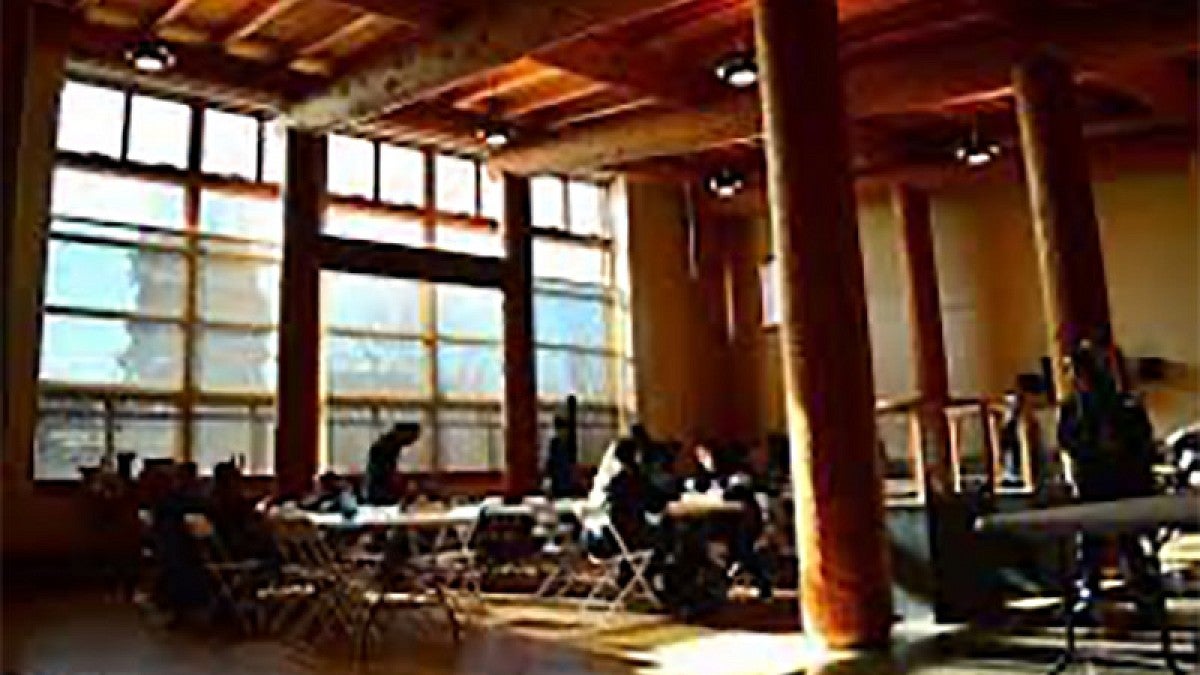Continuing to Reclaim Space, Story, and Relationships to Place in Kalapuya Ilihi
What would you like people to know about your group?
Formed in 2010 under the direction of Dr. Tom Ball (Klamath/Modoc), Native Strategies is the oldest strategies group on campus. Composed of more than 40 Indigenous and allied faculty, staff, students, alumni, and community members, Native Strategies has spearheaded a diverse array of initiatives to build institutional capacity, foster intellectual community, increase curricular offerings, amplify Native visibility and programming, and support the recruitment, retention, and well-being of Native faculty, staff, and students at the UO. Some of these efforts include the development and implementation of Native American and Indigenous Studies (NAIS) minor and major programs; the NAIS Academic Residential Community; the position of vice president and advisor to the president on government-to-government relations; dedicated Native staff in admissions, advising, CMAE, and counseling services; and a collaborative NAIS cluster hire of four positions across five units on campus.
How have you supported and been supported by your communities over the past year and a half?
Trying to build community without being consistently in community has been trying, to say the least. Despite these challenges, Native faculty, staff, students, alumni, and community members have worked to make our classes and community as accessible and compassionate as possible. We transitioned our curriculum and intellectual programing to online formats, while our students continued to demonstrate Indigenous brilliance by holding NASU meetings, speaker series, and our signature event—the annual Mother’s Day Powwow—virtually. The year culminated in our 6th annual Native Graduate event which, like last year, was composed of a prerecorded honoring of our undergraduate and graduate students followed by a live community session where we were able to hold space and share stories together with students and their families across the distance.
What are the new and existing challenges you see on campus?
The pandemic brought into sharp relief longstanding inequities and issues of access, wellbeing, and institutional support for Indigenous and students of color that have long presented structural problems at UO and on campuses across the country. Striving to return to a “normal” that wasn’t working for so many in the “before” times shouldn’t be an option. As we move in fits and starts into the “after”times, we’re committed to continuing to make our campus, our classes, and the larger climate at the UO as welcoming, accessible, equitable, and empowering as humanly (or other-than-humanly) possible, and in continuing to reclaim space, story, and relationships to place in Kalapuya Ilihi.
What significant projects are you working on? What are your plans for the year ahead?
We’re excited about the soft launch of the Native American and Indigenous Studies (NAIS) major this year to complement our NAIS minor that we’ve offered since 2013. We’re also thankful to welcome our fifth cohort of the NAIS Academic Residential Community even as we graduated and said “until we meet again” to our first ARC cohort. We’re also committed to supporting the hard-won cluster hire of four positions across five units in Native American and Indigenous Studies, which will strengthen the major and bring renewed intellectual energy to campus. Perhaps most of all, we’re looking forward to (eventually) getting back in the Many Nations Longhouse for Strategies and NASU meetings, weekly community potlucks, film screenings, guest lectures, storytelling, beading sessions, stick game, and sjima.
What has changed and what would you like to see change this coming year?
We would like to see the empathy, compassion, flexibility, and attention to mental health and overall well-being carry over into whatever post-pandemic reality emerges. Being one another’s keeper, taking responsibility for each other, holding each other up, learning from and with one another, coming into honest and ethical relationships with history and place, living as responsible descendants and good future ancestors . . . these are core values that animate Indigenous ways of knowing and being that can help us all call a “new normal” into being.
What are your expectations for collaborating with other strategies groups?
Native Strategies looks forward to sharing and holding space with other Strategies communities in our collective efforts to reshape UO into a more diverse, equitable, accessible, and just institution of higher learning, one that lifts up and supports all our students while also serving, amplifying, and impacting our families, communities, and nations.
What support do you want/need from the university?
Continued and consistent resources not only to keep existing programs in place, but to expand and amplify all that our communities are doing on this campus, trusting us with what we say we need, and following our lead in building a just and empowering institution from the grassroots. While money won’t by any means cure all that ails us, having a University and a Development office committed to funding and supporting the values we claim to live by—diversity, equity, inclusion, excellence, impact—is a necessary first foot forward.


